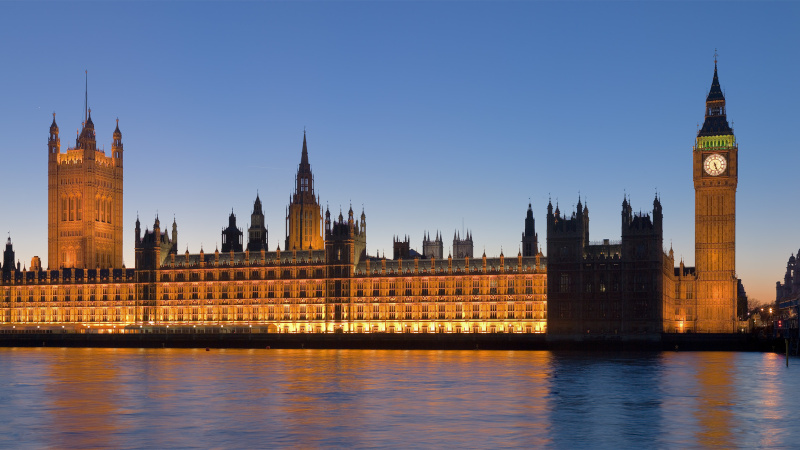When Online Safety Means Surrendering Your ID, What Can You Do?
A universal feature of traveling Europe as a Hackaday scribe is that when you sit in a hackerspace in another country and proclaim how nice a place it all is, the denizens will respond pessimistically with how dreadful their country really is. My stock response is to say “Hold my beer” and recount the antics of British politicians, but the truth is, the grass is always greener on the other side.
There’s one thing here in dear old Blighty that has me especially concerned at the moment though, and perhaps it’s time to talk about it here. The Online Safety Act has just come into force and is the UK government’s attempt to deal with what they perceive as the nasties on the Internet, and while some of its aspirations may be honourable, its effects are turning out to be a little chilling.
As might be expected, the Act requires providers to ensure their services are free of illegal material, and it creates some new offences surrounding sharing images without consent, and online stalking. Where the concern lies for me is in the requirement for age verification to ensure kids don’t see anything the government things they shouldn’t, which is being enforced through online ID verification. There are many reasons why this is of concern, but I’ll name the three at the top of my list.
As anyone who has helped their non technical friends secure their networks will tell you, nothing boosts technical expertise more than presenting a 13-year-old with an online restriction. It’s already been shown how a tech-savvy kid can use an AI generated fake ID to watch online smut, and I am thus certain that the Act just won’t work. Kids will trade ways to get round it just like they traded floppies full of dodgy JPGs in the playground back in the ’90s.
The scope of the Act extends way beyond merely the porn sites you might expect, so your average Brit is going to find themselves uploading their drivers’ licence or passport an awful lot. The probability of a data breach involving all that valuable data will approach one, and all those identities will be compromised. Making more laws won’t stop this happening, after all the very definition of a criminal is a person with a disregard for the law.
And finally, that broad scope is catching all manner of inoffensive and blameless online communities who don’t have the resources to put the age verification and other measures in place. Your classic car forum, a support group for people with mental health problems, even possibly Wikipedia. Of course it’s important to protect children from inappropriate content, but killing the British internet for everyone else shouldn’t be a side effect.
This issue is likely to rumble on for a while in the UK, as at the time of writing a petition for its reform stands around 350k signatures. Thus a further parliamentary debate seems very likely, and no doubt we’ll see a few of our overlords wriggling a little to avoid the inevitable repercussions. You can sign it if you’re a Brit, and meanwhile if you’d like to restore access to the internet that the rest of the world sees, you can join the hordes of Brits running to acquire VPN access.
Palace of Westminster header image: Diliff, CC BY-SA 2.5.




Post Comment